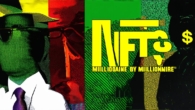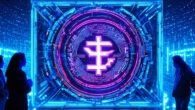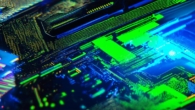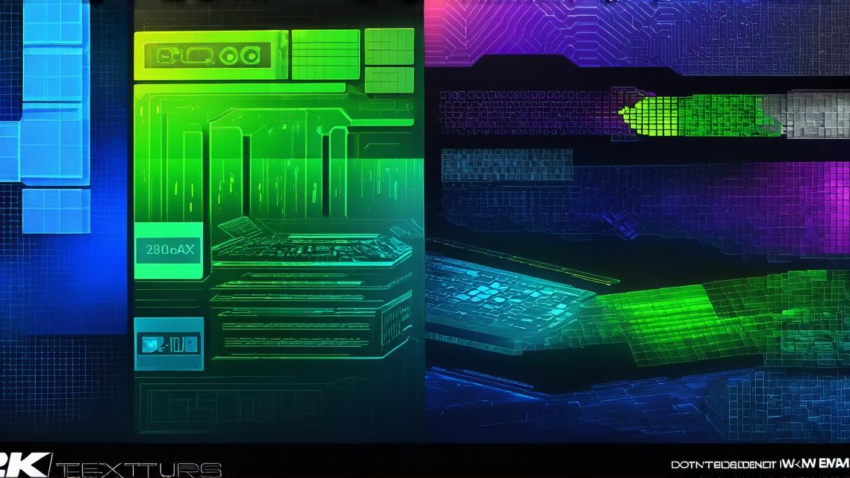
Learn Blockchain Game Development: Course for Beginners
Blockchain technology has been revolutionizing various industries, including gaming. In recent years, blockchain-based games have become increasingly popular, offering players unique in-game experiences and opportunities to earn cryptocurrencies.
If you’re interested in entering the world of blockchain game development, this comprehensive course is an excellent place to start.
What is Blockchain Technology?
Blockchain technology is a decentralized, distributed ledger system that allows for secure and transparent record keeping. It was originally designed for the cryptocurrency Bitcoin, but it has since been adapted for various other industries, including gaming.
In blockchain-based games, players can earn in-game rewards and assets that are stored on the blockchain. This ensures that the assets are secure, tamper-proof, and can be easily traded between players. Blockchain technology also enables seamless cross-platform compatibility, allowing players to access their in-game assets from any device with internet connectivity.
Types of Blockchain Games
There are several types of blockchain-based games that you can create, including:
- Role-playing games (RPGs) – These games often involve creating and managing a character in a virtual world, where players can interact with each other and complete quests to earn rewards.
- Collectible card games (CCGs) – These games involve collecting and trading unique cards that represent in-game assets, such as characters or items.
- Decentralized finance (DeFi) games – These games often incorporate DeFi concepts, such as yield farming and liquidity mining, into the gameplay mechanics.
- Gamification of real-world activities – These games encourage players to engage in real-world activities, such as exercising or completing tasks, and reward them with in-game assets for doing so.
How to Create a Blockchain Game
Now that you have an idea of the different types of blockchain games, let’s dive into how you can create your own. Here are the steps to follow:
- Choose a game engine – There are several game engines available for creating blockchain-based games, including Unity, Unreal Engine, and Construct 3. Choose one that suits your needs and experience level.
- Learn smart contracts – Smart contracts are self-executing contracts that run on the blockchain. They are used to manage in-game assets and transactions. You will need to learn how to write smart contracts using a programming language such as Solidity, which is specifically designed for Ethereum-based applications.
- Design your game mechanics – Decide on the gameplay mechanics that you want to include in your game. This includes things like character creation, quests, and rewards.
- Create your assets – Create the assets that will be used in your game, such as characters, items, and environments. You can use a variety of tools for creating these assets, including 3D modeling software and image editors.
- Test and deploy your game – Test your game thoroughly to ensure that it is functioning correctly and is secure. Once you are satisfied with the game, deploy it on a blockchain platform such as Ethereum or Binance Smart Chain.
Benefits of Blockchain Game Development
There are several benefits to developing blockchain-based games, including:
- Unique in-game experiences – Blockchain technology allows for the creation of unique in-game experiences that are not possible with traditional gaming systems. For example, players can own and trade in-game assets that have real-world value.
- Increased player engagement – Blockchain-based games often incorporate DeFi concepts, which can incentivize players to engage more deeply with the game. This can lead to increased player retention and loyalty.
- New revenue streams – Blockchain technology enables new revenue streams for game developers, such as in-game asset trading and staking. This can provide a sustainable source of income for developers and ensure the long-term success of their games.
Challenges of Blockchain Game Development
While blockchain game development offers many benefits, there are also several challenges that you should be aware of. These include:
- Technical complexity – Developing a blockchain-based game requires a strong understanding of blockchain technology and programming. This can be challenging for beginners or those without a technical background.
- Scalability issues – Blockchain networks can sometimes experience scalability issues, which can impact the performance of your game. It is important to design your game in a way that minimizes these potential issues.
- Regulatory uncertainty – The regulatory landscape around blockchain technology and cryptocurrencies is still evolving in many countries. This can create uncertainty for developers and players alike.
Best Practices for Building Successful Blockchain Games
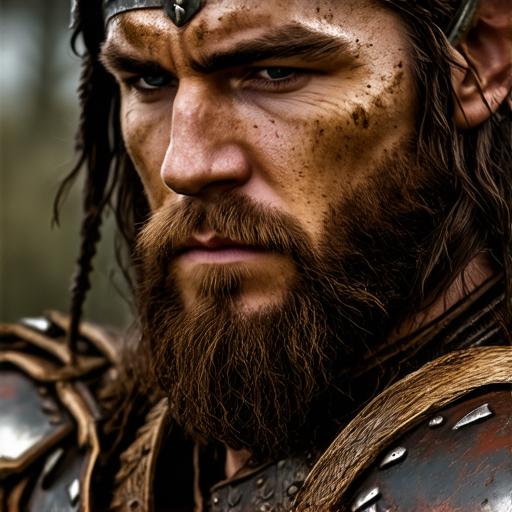
To ensure that your blockchain game is successful, here are some best practices to follow:
- Know your target audience – Understanding the needs and preferences of your target audience is crucial for creating a successful game. Conduct market research to gain insights into what players want from a blockchain-based game.
- Focus on user experience – A great user experience is essential for any successful game. Ensure that your game is easy to use, visually appealing, and provides a seamless playing experience.
- Build a strong community – Building a strong community around your game can help drive engagement and retention. Consider hosting events, offering rewards, and creating opportunities for players to connect with each other.
- Stay up-to-date with technology – The blockchain landscape is constantly evolving, and it’s important to stay up-to-date with new developments and technologies that can impact your game.
- Be flexible and adaptable – Building a successful blockchain game requires flexibility and adaptability. Be prepared to pivot or make changes based on feedback from players and market trends.
Summary
Blockchain technology has opened up new opportunities for game development, offering unique in-game experiences and new revenue streams. If you’re interested in entering the world of blockchain game development, this comprehensive course is a great place to start. With the right skills and knowledge, you can create your own blockchain game and join the growing community of players and developers who are using this technology to revolutionize gaming.


